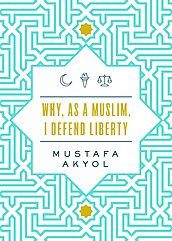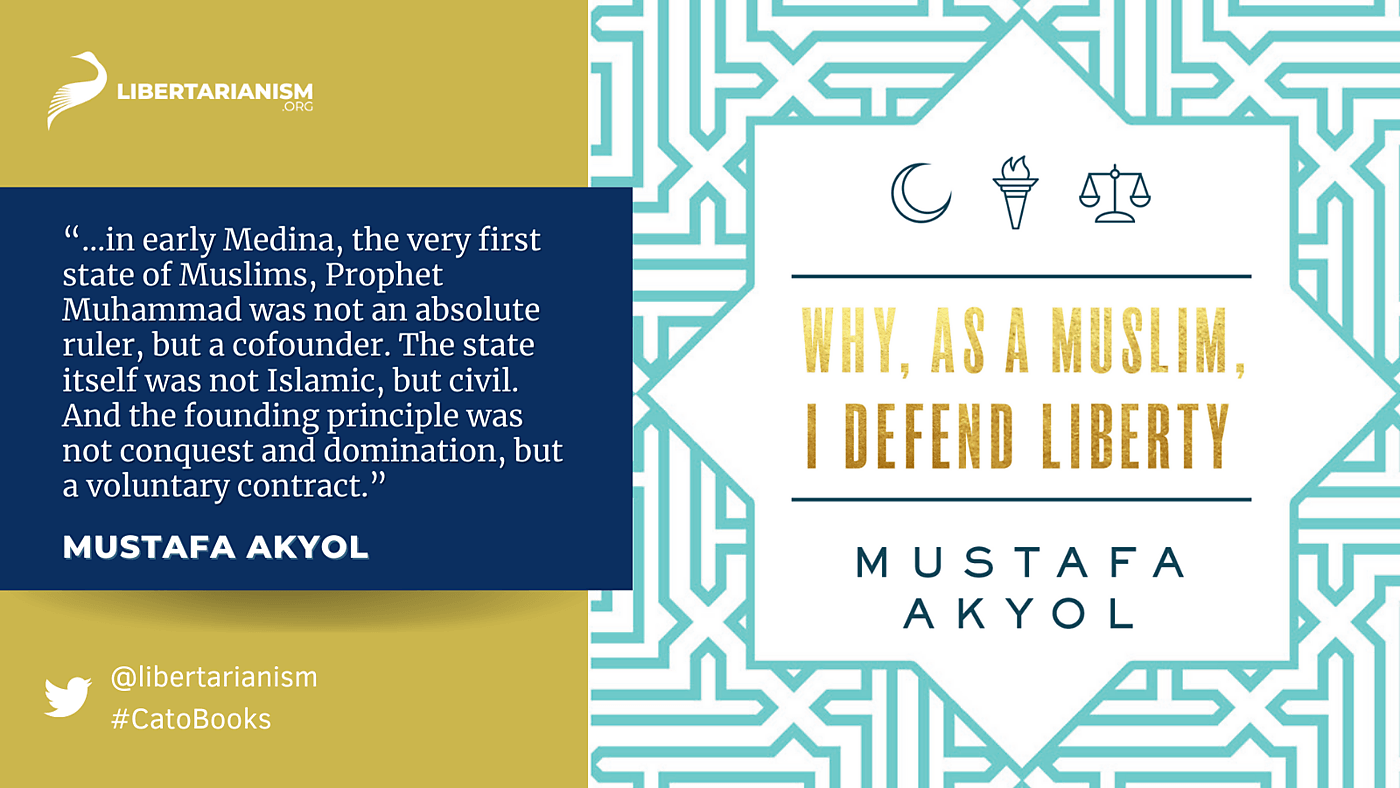The recent news from Afghanistan, where the Taliban seized power once again to rule in the name of God, brings to mind a broader trouble: Islam, the second-largest religion in the world, has some harsh interpretations that defy human freedom—by imposing religious practices, discriminating against women or minorities, or executing “apostates” or “blasphemers.” In Why, as a Muslim, I Defend Liberty, Cato Institute senior fellow Mustafa Akyol offers a bold critique of this trouble by frankly acknowledging its roots in the religious tradition, while also presenting counterarguments.
Akyol argues that liberty is compatible with Islam if it is understood as a voluntary faith and not a coercive system, as many Muslims already see it. However, other Muslims understand Islam, indeed, as a coercive system that sees no difference between what is religiously right and legally enforceable. Moreover, these coercive Muslims’ beliefs are not groundless: they rely on traditional interpretations of the Sharia (Islamic law).
Yet the two fundamental sources of the Sharia—the Quran and the Prophetic example—also include seeds of freedom, Akyol argues. He explores little-noticed grounds for human rights, toleration and rule of law in the Quran, the life of the Prophet Muhammad, and the complex history of the Islamic civilization. It is past time, he argues, to grow those seeds into maturity and to reinterpret Islamic law and politics under the Quranic maxim, “No compulsion in religion.”

